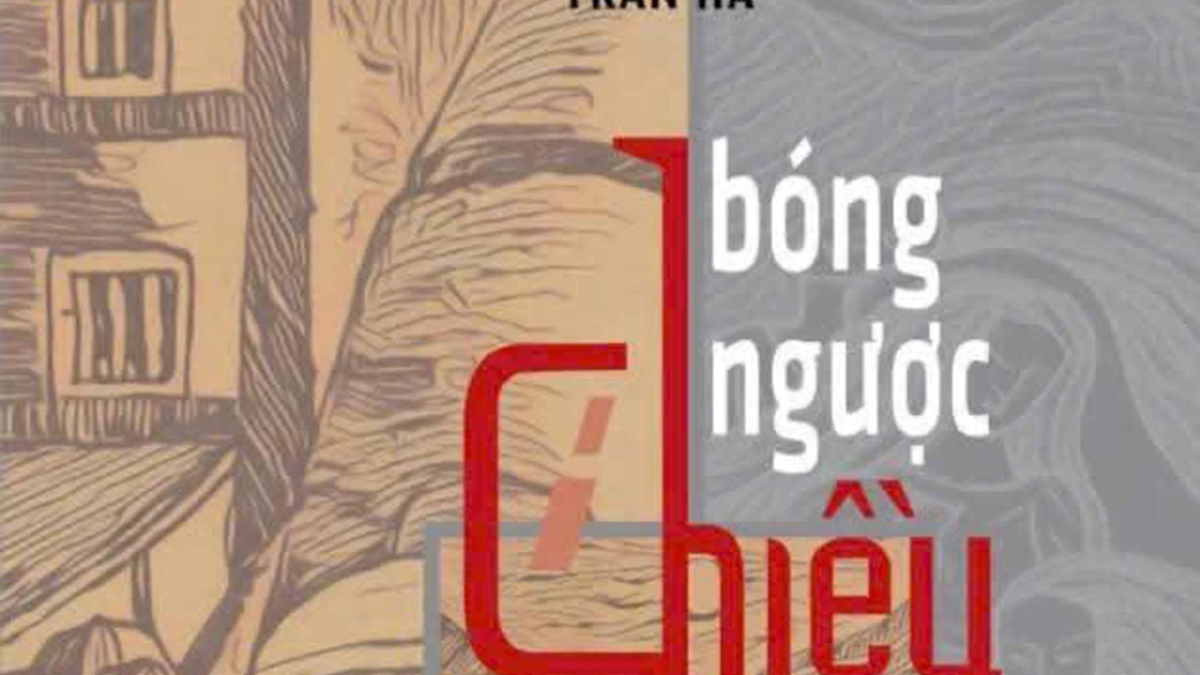A female PhD student lost her PhD degree for falsifying research data at the University of Toronto (Canada), and was found to have cheated in her thesis.
Ping Dong, a former psychology PhD student at the University of Toronto from 2012 to 2017, had her PhD revoked after the university’s board concluded that she had likely falsified data in her thesis. The decision not only sent shockwaves through the academic world but also raised questions about research integrity.
Ping Dong's thesis focused on how ethical violations, such as tax evasion or extramarital affairs, affect consumer behavior. However, the university's investigation found that the responses from study participants appeared to overlap with an "unbelievable" degree. The report also suggested that her husband posed as a study participant to create fake data. According to a former advisor, Dong once confessed to this, although she later denied the accusation.

Ping Dong had his PhD revoked for cheating during his research. IG.
Initial findings of the data problem surfaced in 2018, when the editor of the journal Psychological Science received feedback from a reader about unusual data patterns in a paper Dong published. After analysis, a statistical consultant confirmed that the data contained numerous irregularities, including improper randomization and unusual patterns of overlap. When confronted, Dong claimed that the error stemmed from “inappropriate but unintentional randomization,” but the university’s investigation board concluded that this was a false excuse.
Specifically, Dong's thesis resulted in three papers, two of which were retracted due to the discovery of falsified data:
"Visual Darkness Reduces Perceived Risk of Contagious-Disease Transmission From Interpersonal Interaction", published in 2018 in Psychological Science; "Witnessing Moral Violations Increases Conformity in Consumption", published in 2017 in the Journal of Consumer Research .
Additionally, a third paper, "Ray of Hope: Hopelessness Increases Preferences for Brighter Lighting", published in 2014 in Social Psychological and Personality Science , has also been called into question but has not been formally investigated.
Consequences for academic career and reputation
The incident not only cost Ping Dong her doctorate, but also severely damaged her reputation in the academic community. Before the fraud was discovered, Dong used her doctorate from the University of Toronto to take a teaching position at Northwestern University’s Kellogg School of Management. However, she left the position less than a year after her first paper was retracted by Psychological Science .
During the investigation, the school board found that Ping Dong had intentionally deleted data to conceal wrongdoing. In 2019, the editor of the Journal of Consumer Research asked Dong to provide relevant data for database maintenance. However, she restricted access, raising suspicions about her intentions. A data scientist invited to examine the issues in the paper concluded that the incident went beyond normal “questionable research practices” and showed clear signs of misconduct.
In addition to the two retractions related to her thesis, Ping Dong had two other papers retracted and one revised, suggesting that the problems with her research were not limited to her doctoral thesis, but extended to other works. However, a 2013 paper published in Psychological Science by Dong has not yet been investigated, although the current editor suggests that this may be a shortcoming on the part of the University of Toronto.
The investigation into Ping Dong’s case has highlighted the responsibility ofeducational institutions to monitor the quality of research. One notable issue has been the lack of communication between the University of Toronto and journal editors. In some cases, editors such as Christian Unkelbach of Social Psychological and Personality Science have said the school has not provided enough information or evidence to support investigations into suspected fraudulent papers.
Additionally, a former supervisor of Dong’s thesis said she was never formally contacted by the university during the investigation, raising questions about the transparency and effectiveness of the University of Toronto’s process for handling research fraud cases.
Ping Dong, who did not appear at the school board hearing, has remained silent on the allegations. The university has also refused to provide further information beyond its published findings, leaving much of the case unclear.
Ping Dong’s case is a wake-up call not only for her personally but also for the entire academic community. Integrity and transparency are the foundations of scientific research. Detecting and strictly handling fraudulent acts not only protects the reputation of educational institutions but also ensures that scientific knowledge is built on a trustworthy foundation.
Source: https://danviet.vn/nu-tien-si-bi-thu-hoi-bang-vi-gia-mao-du-lieu-luan-an-20241208191944004.htm






![[Video] More than 100 universities announce tuition fees for the 2025–2026 academic year](https://vphoto.vietnam.vn/thumb/1200x675/vietnam/resource/IMAGE/2025/7/18/7eacdc721552429494cf919b3a65b42e)























































































![[Infographic] In 2025, 47 products will achieve national OCOP](https://vphoto.vietnam.vn/thumb/402x226/vietnam/resource/IMAGE/2025/7/16/5d672398b0744db3ab920e05db8e5b7d)





Comment (0)